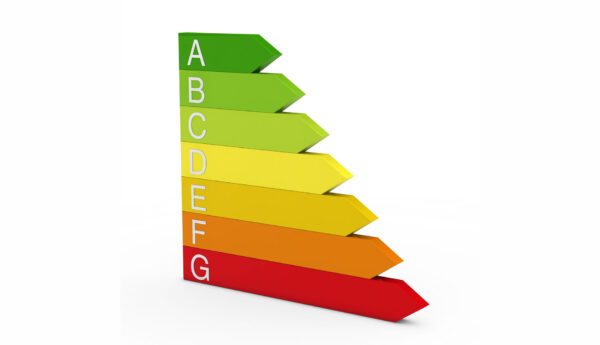Purchasing your first home is a significant milestone, and it’s an exciting journey filled with opportunities and challenges. The UK’s property market offers a wide range of choices, from traditional houses to modern apartments, and the process can seem daunting for first-time buyers. However, with the right guidance and a clear understanding of the steps involved, you can navigate this journey with confidence. In this comprehensive guide, we will walk you through the essential steps, mortgage options, and expert tips to ensure a smooth and successful experience in purchasing your first home in the UK.
Step 1: Assess Your Financial Situation
Before you start house-hunting, it’s essential to understand your financial situation. Take a close look at your income, savings, and expenses. This will help you determine how much you can afford to spend on your new home. Keep in mind that owning a home comes with additional costs, such as council tax, maintenance, and insurance. Use a mortgage calculator to estimate your monthly mortgage payments and ensure they fit comfortably within your budget.
Step 2: Save for a Deposit
Saving for a deposit is a crucial part of the home-buying process. The larger your deposit, the more favourable mortgage rates you’re likely to secure. In the UK, the minimum deposit required is typically around 5% of the property’s purchase price, but saving more can significantly reduce your long-term costs. Explore government schemes like Help to Buy or Lifetime ISAs that can provide financial assistance to first-time buyers.
Step 3: Understand Mortgage Options
The next step is to explore your mortgage options. There are various mortgage types available, each with its own terms and conditions. Fixed-rate mortgages, variable-rate mortgages, and interest-only mortgages are some common options. Consult with a mortgage advisor to find the right mortgage product that suits your needs. Your credit score and financial history will play a significant role in determining the mortgage rates you qualify for.
Step 4: Start House-Hunting
With your budget and mortgage pre-approval in place, you can begin your search for the perfect home. It’s important to define your priorities and create a list of “must-haves” and “nice-to-haves” in a property. Explore different neighbourhoods and attend open houses to get a sense of the local market. Engaging a local estate agent can be a valuable resource, as they can provide insights into the local property market and help you find suitable options.
Step 5: Conduct Property Inspections
Once you’ve found a property that meets your criteria, it’s essential to conduct thorough property inspections. Hire a professional surveyor to assess the condition of the property and identify any potential issues. This step can save you from unpleasant surprises down the road and provide leverage for negotiating the price.
Step 6: Make an Offer
When you’ve found the perfect home and conducted the necessary inspections, it’s time to make an offer. Your offer should take into account the property’s condition, the local market, and your budget. Be prepared to negotiate with the seller, and consider factors like the property’s time on the market, comparable sales, and any necessary repairs.
Step 7: Complete the Legal Process
The legal process of buying a property in the UK is known as conveyancing. You’ll need to hire a solicitor or conveyancer to handle the legal aspects of the transaction. They will ensure that all contracts are in order, conduct local searches, and deal with any legal issues that may arise.
Step 8: Finalize Your Mortgage
With your offer accepted and the legal process underway, it’s time to finalize your mortgage. Your lender will conduct a property valuation to assess its worth and confirm your loan approval. This is a critical step in the process, as the lender will want to ensure that the property’s value matches the agreed-upon price.
Step 9: Exchange Contracts and Complete the Purchase
Once all conditions have been met and both parties are satisfied, contracts are exchanged, and the purchase is legally binding. At this point, you will pay the deposit, typically 10% of the purchase price, and set a completion date.
Step 10: Move In and Celebrate
Congratulations! You’ve successfully purchased your first home in the UK. On the completion day, the remaining balance is paid, and you receive the keys to your new property. It’s time to celebrate and settle into your new home.
Conclusion
Buying your first home in the UK is a significant achievement, and while the process may seem overwhelming, with the right guidance and knowledge, it can be a rewarding experience. Remember to consult with professionals, from mortgage advisors to estate agents, to ensure you make informed decisions throughout the journey. By following these steps and staying financially responsible, you can make your dream of homeownership a reality in the UK.








